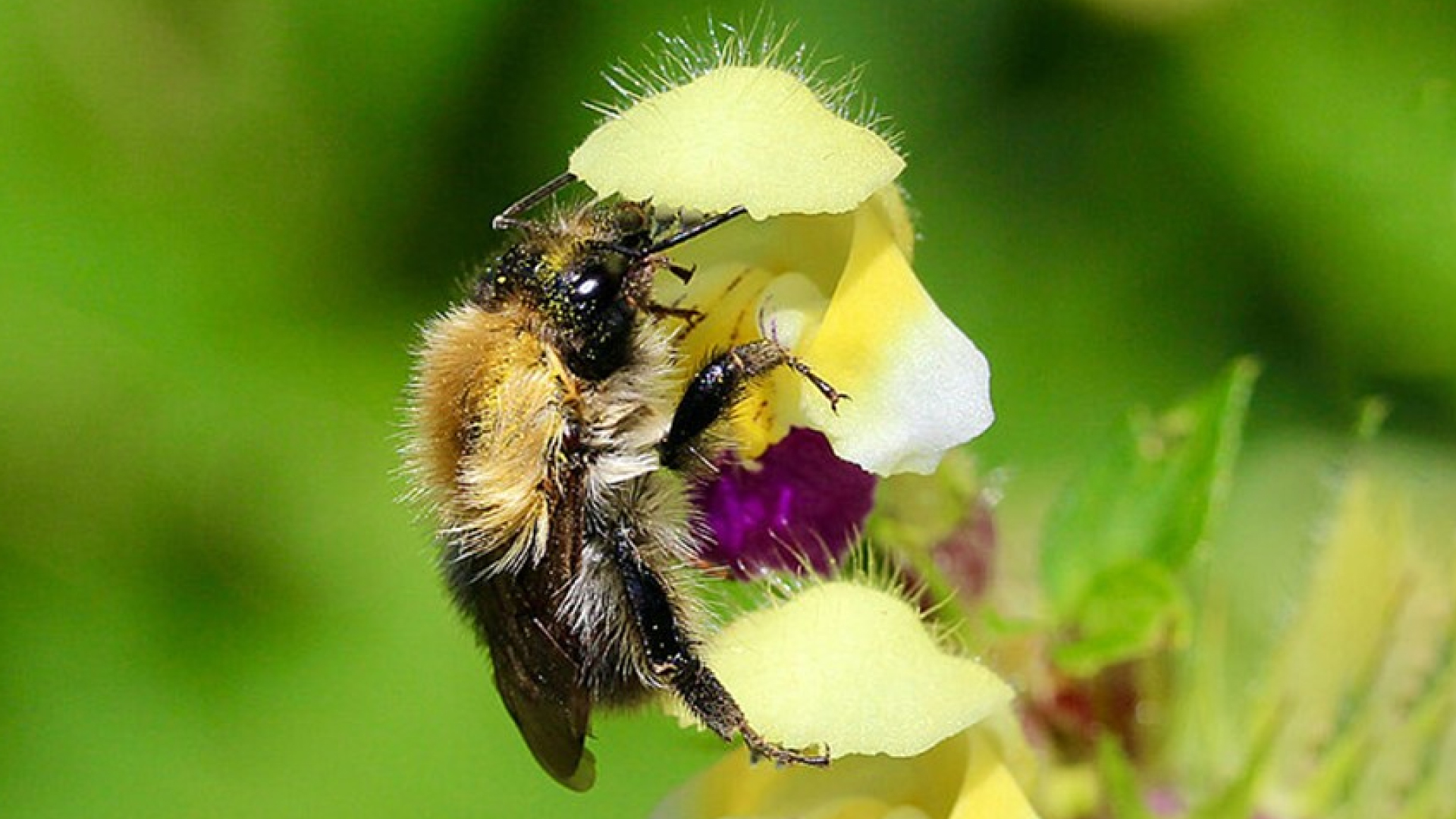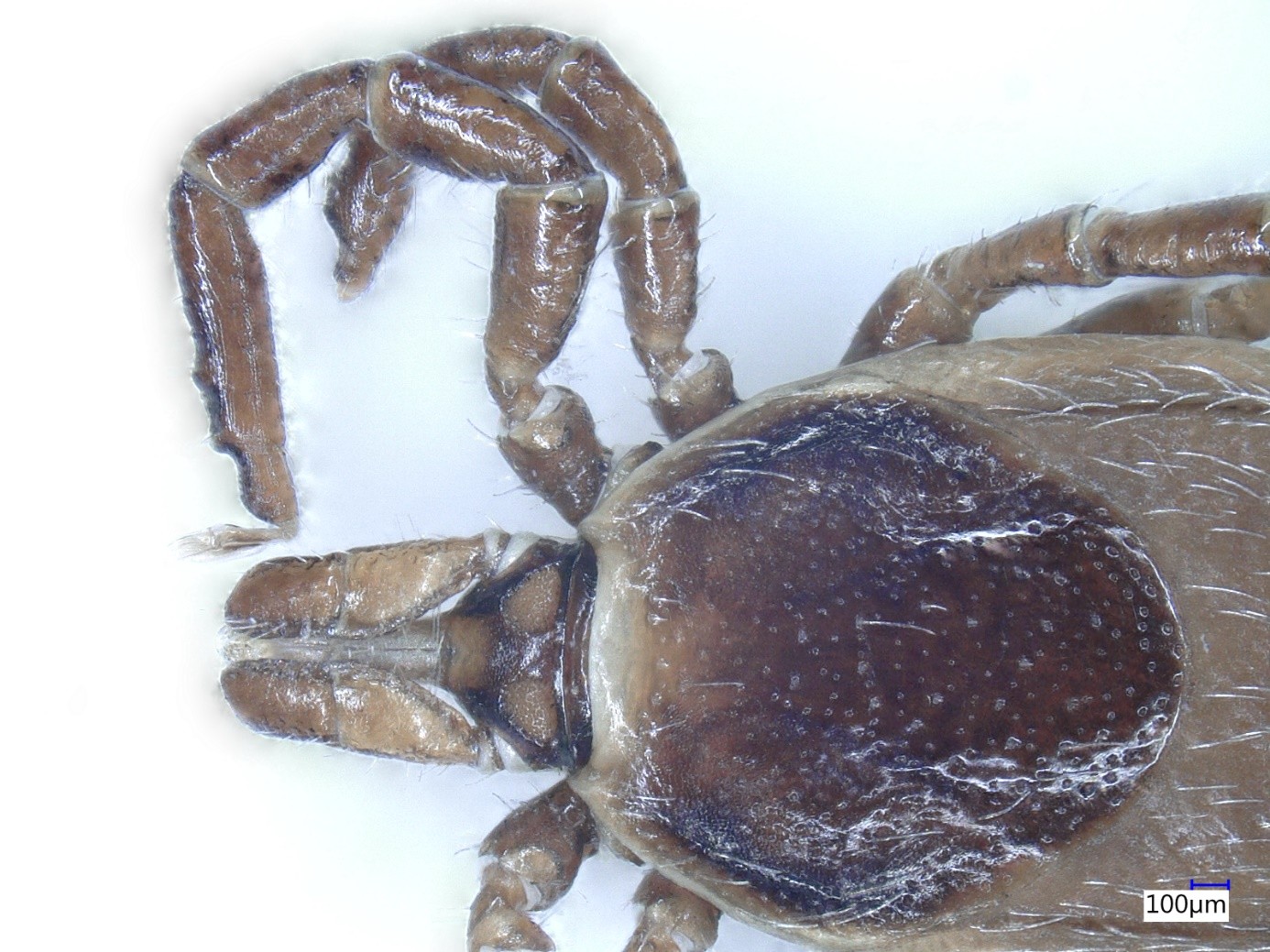Pesticides can’t solely be blamed for harming bumblebees' sense of smell—heat waves do too
Previously, it was believed that only pesticides harmed bumblebees' sense of smell. However, a joint study by the Plant Protection Institute of the HUN-REN Centre for Agricultural Research (HUN-REN CAR) and the University of Würzburg revealed that high temperatures also reduce the bees' olfactory abilities. Researchers warn that this could have serious implications for the pollination of crops.

Climate change impacts ecosystems in various ways, one of which is the occurrence of longer and more intense heat waves. These, in turn, affect essential natural processes like pollination. Researchers at the Plant Protection Institute of HUN-REN ATK and the Julius Maximilian University of Würzburg conducted a detailed study on how heat waves influence bumblebees.
Bumblebees play a crucial role as pollinators in both natural ecosystems and agriculture, significantly contributing to crop yields and biodiversity. These furry insects are especially sensitive to heat waves, as they are better adapted to colder habitats. When pollinating, bumblebees rely not only on their vision but also on the scent compounds emitted by plants. Besides guiding them to the plants, these volatile chemicals also provide information about the condition of the flowers.
Zsolt Kárpáti, a senior researcher at HUN-REN ATK, explained that in their experiment, bumblebees were exposed to a temperature of 40°C, which severely impaired their ability to detect flower scents, effectively causing a loss of their sense of smell. Male bumblebees experienced a nearly 50% reduction in their sense of smell, while female worker bees showed up to an 80% decrease. “Unfortunately, even after a recovery period at ideal temperatures, their sense of smell did not immediately improve,” Kárpáti noted.
The bumblebees were re-examined 24 hours after their exposure to heat stress, and it was found that they only partially regained their sense of smell. The study highlights the significant impact of climate change on the interaction between insects and plants, with heat waves playing a crucial role in this disruption.
According to researchers at the Plant Protection Institute of HUN-REN ATK, the heat stress-induced loss of smell in bumblebees leads to fewer crops being pollinated, as the bees struggle to locate flowers. This also negatively impacts bumblebee colonies, as they can't collect enough pollen and nectar for the nest.
“Although other insects can also pollinate crops, their populations are also declining due to climate change, which reduces the overall chances of successful pollination,” tressed Zsolt Kárpáti.

